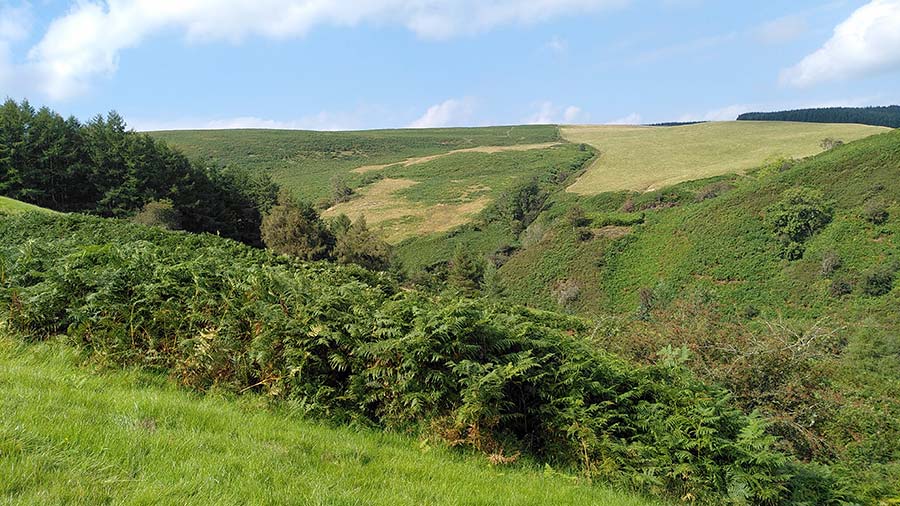Wildlife Trusts launches £6m fund for rewilding and wild animal releases
 © Radnorshire Wildlife Trust
© Radnorshire Wildlife Trust A step change in the area of British countryside to be rewilded and a boost to the number of wild species to be introduced is being planned by the Wildlife Trusts as part of a new £6m drive to “transform nature’s recovery”.
The funding is being provided by the Ecological Restoration Fund – an international trust dedicated to nature recovery – and will be used for a portfolio of projects which could have a big impact on farmers.
See also: Rewilding could have its place if carefully managed
The reintroduction of “keystone” species such as lynx, wildcats and bison is a major strand of the Wildlife Trusts campaign.
“Funding will contribute towards applications and release programmes of free-living beavers to restore wetlands, and low-level grazing with large herbivores such as Exmoor ponies, Welsh blacks, and highland cows,” says the group.
There will also be a focus on rewilding “creating bigger and more connected wild areas for nature’s recovery”.
Specific projects include the Peak District nature recovery, with the funds securing the acquisition of Ughill Farm in Derbyshire, where the local Wildlife Trust will champion nature-friendly farming over a 132ha holding.
Funds will also be channeled into the Trusts’ Wilder Marches project – a nature recovery project affecting more than 500ha along the English-Welsh border.
Other work will involve providing nature-friendly farming advice to farmers in the River Severn catchment, working with landowners on peatland restoration in parts of Northern Ireland, and creating a new Hadrian’s Wall corridor for nature recovery.
“Restoring and expanding wild places tackles problems of flooding, drought and pollinator decline; this is critical for farming, healthier rivers and seas, and adapting to the changing climate,” said Wildlife Trusts landscape recovery director Rob Stoneman.
“We must create a place where wildlife, farming and people thrive together; where beavers work their magic and benefit communities; and where there’s easy access to nature to improve people’s lives.”
Response
But the NFU says that, to a great extent, farmers are already delivering on these ambitions.
NFU senior countryside adviser Claire Robinson said: “British farming plays an integral role in shaping the cherished landscapes we see and enjoy today, with farmers working hard to encourage wildlife, benefit our soils and water, and reduce our impact on the climate.
“Rewilding does have a role to play. However, we must ensure we don’t undermine our own domestic food security, reduce production and import the shortfall from other parts of the world which may have been produced to lower animal welfare and environmental standards.
“That’s why any broadscale changes in the way we use land in the UK needs to be properly thought through.”
Ms Robinson also insisted that a government process for managing species reintroduction must be in place to minimise any risks and maximise benefits going forward.
“This should clearly set out what steps Government will take and in what order, this should include a national impact assessment which reviews what effect a reintroduction could have on food producing and farming businesses.”
